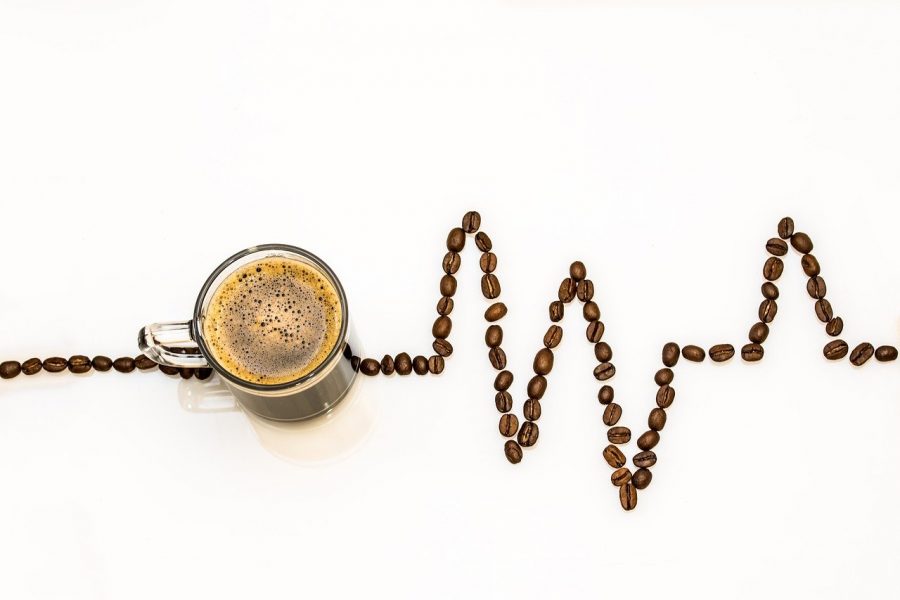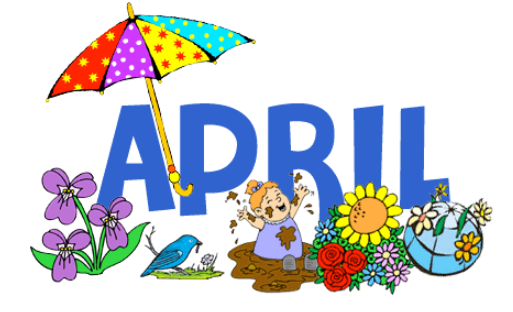Too much caffeine? How do you know?
National Caffeine Awareness Month – March
Image by Myriams-Fotos from Pixabay
What caffeine gets your heart racing?
Coffee? Tea? Or is soda your source of caffeine?
National Caffeine Awareness Month was founded by the Caffeine Awareness Alliance and occurs during the month of March.
The idea behind this national month is to spread awareness of the amount of caffeine people ingest every day. Many of us drink coffee and at least start our day with two or more cups, or a large, sweet treat from Starbucks. Many foods with sugar include caffeine as well, such as ice cream or other deserts.
For some, it does not end with the morning drink. Some enjoy more coffee throughout the day, while others drink energy drinks or soda. It’s helpful to recognize how much caffeine your body can tolerate because caffeinate can act as a stimulant, causing anxiety, insomnia, or increased blood pressure.
As a stimulant, caffeine can increase the activity in your brain and nervous system, it increases the cortisol and adrenaline levels within your body, according to betterhealth.vic.gov (https://cutt.ly/nlt2dv5).
The Mayo Clinic has suggested that up to 400mg of caffeine appears to be safe for most healthy adults. However, everyone’s body handles caffeine differently, and the recommended limit could depend on age, body mass, and overall health.
A good way to participate in National Caffeine Awareness Month, you might want to measure the amount of caffeine you consume in a day or replace some of it with decaffeinated drinks or water.
Consuming caffeine in moderation is okay for your body, but there are other ways to keep your energy up and help you stay focused, including exercise. For National Caffeine Awareness Month, learn about what works best for you. Take the month of March to reflect and take a look at your caffeine consumption; you may come to an important conclusion.

Jordan Scrivens is a student athlete who is able to balance both school and sports. This teen has taken an interest in journalism as well.
In his junior...




